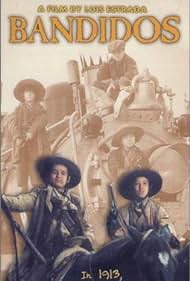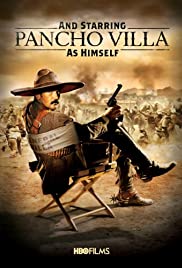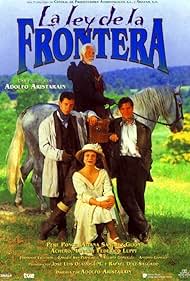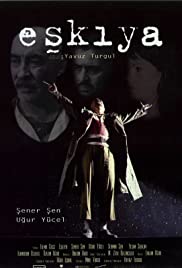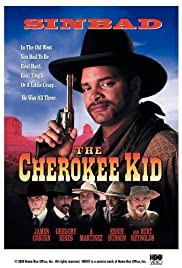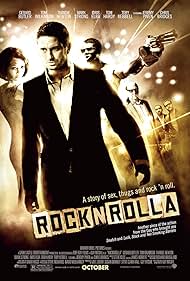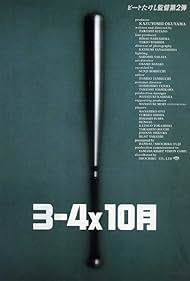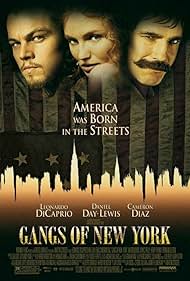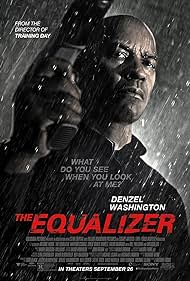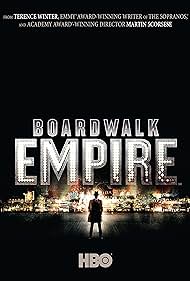Los ladrones del bosque Banda sonora (2018)

Comprar en Amazon Reproducir y descargar banda sonora
I banditi di Jan
Os Ladrões do Bosque
Thieves of the Wood
Sinopsis
1747. After a traumatic time serving as a mercenary at the Silesian front, Jan deserts from the Austrian army. Destitute and exhausted, he returns home, to the Flemish region of Aalst. To his surprise, everything has changed beyond recognition. His village has been transformed into a French army encampment. His family and friends have been outlawed and banished to Kluisbossen forest.
Jan joins the ramshackle gang of robbers led by his half-brother Tincke. But in a country suffering under the yoke of poverty and exploitation, there's hardly anything left worth taking. Moved by these harsh living conditions, Jan manages to convince Tincke to see the bigger picture. Instead of stealing from each other, they should rob those who actually have money: the rich and the collaborators consorting with the French occupiers. John's ideas start to resonate and when a stagecoach is raided successfully, the ragtag bunch of scallywags develops into a real gang.
The decision to share their booty with the poorest of the poor makes them popular, and their motto, "Voor gene chanterik peu" (not afraid of anyone), spreads across the land like wildfire. When the authorities catch wind of this, the ambitious city guard Baru declares war on Jan and his gang. Thanks to his dedicated police work, Baru manages to infiltrate the gang and capture John. During his captivity, John's popularity only increases. The gang is out for revenge and will do anything to liberate Jan: it's the beginning of a war that leads to outright revolution.
Jan de Lichte becomes a mythical folk hero. Even after his public execution some people believe John to be still alive. Could this be true and could his example provide the inspiration to overthrow an Ancien Regime that's a thousand years old?
